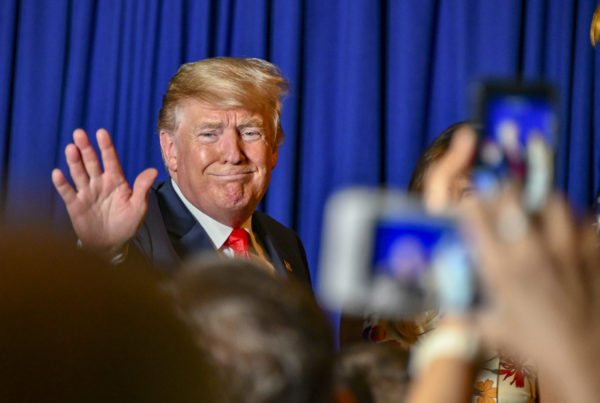From KERA News:
Texas Attorney General Ken Paxton won’t have to testify in a whistleblower lawsuit claiming he fired four employees after they reported him to the FBI in 2020.
The Texas Supreme Court on Friday said Paxton, along with three of his senior employees’ depositions, wouldn’t be necessary for the case after the Attorney General’s Office chose not to dispute those claims earlier this year.
“We agree with OAG that the trial court abused its discretion in ordering the depositions of these four witnesses without considering that the only fact issue on which those witnesses are likely to provide information — OAG’s liability under the Whistleblower Act — is now uncontested,” according to court documents.
The plaintiffs argued the depositions would have also helped a previous $3.3 million settlement that should have been approved by the Texas Legislature — but was instead settled with Paxton’s impeachment.
In November 2020, four of eight former agency employees for the OAG were fired after they filed a FBI criminal complaint against Paxton over bribery with a campaign donor and friend, harassment, tampering with government records, and abuse of office. They later sued Paxton for wrongful retaliation and termination, claiming he violated the Texas Whistleblower Act.
KERA reached out to the Attorney General’s Office for a comment and will update this story with any response.
The whistleblowers’ attorneys claim Paxton is avoiding testifying as they’ve pushed for his deposition and a trial case over the past three years — preventing the former employees from proving their allegations in court and from Paxton admitting to those claims.
On Jan. 19, a Travis County judge ordered Paxton to sit for his deposition Feb. 1 after the plaintiffs and Paxton failed to negotiate a scheduled testimony date.
The OAG then appealed the Texas Supreme Court to put the depositions on hold. On Jan. 30, the court temporarily blocked depositions without an explanation, giving the OAG until Feb. 29 to respond with their broader legal arguments.
Paxton in June argued the lower court imposed its authority in requiring his testimony and that the case should have already ended.
But the former employees argued without the depositions, a future Legislature-funded settlement may be in jeopardy and allowing Paxton to avoid a previously ordered testimony will discourage future state employees looking to report improper conduct.















